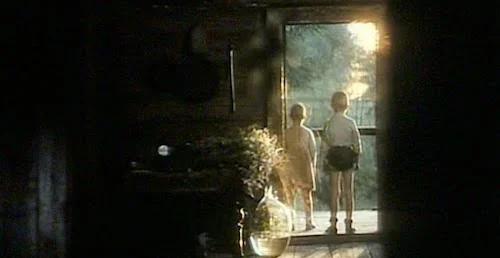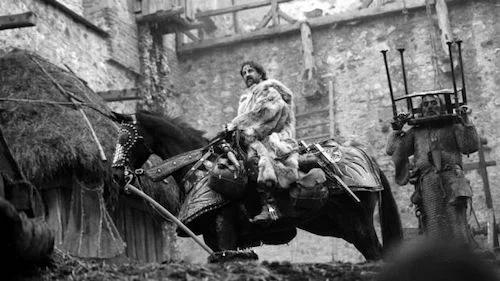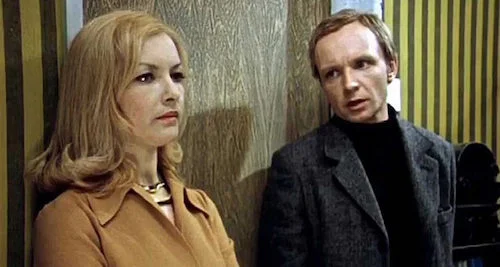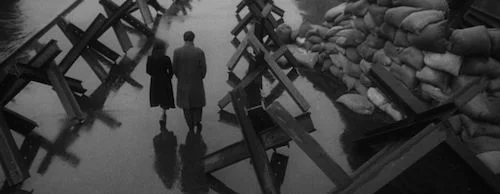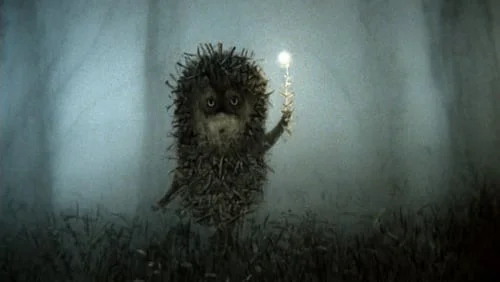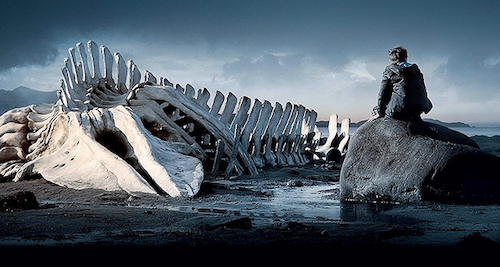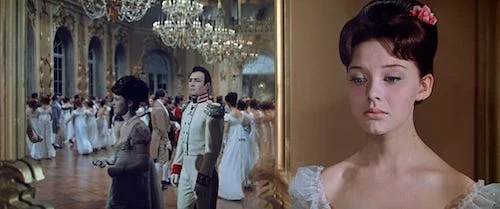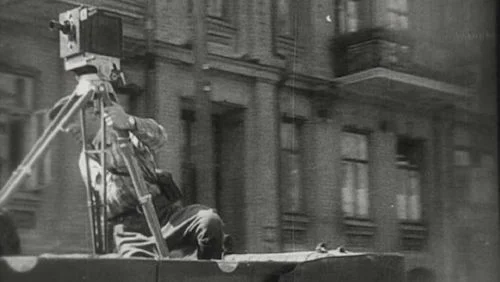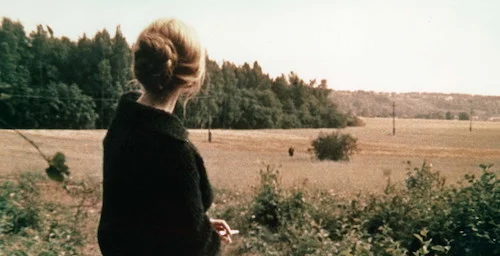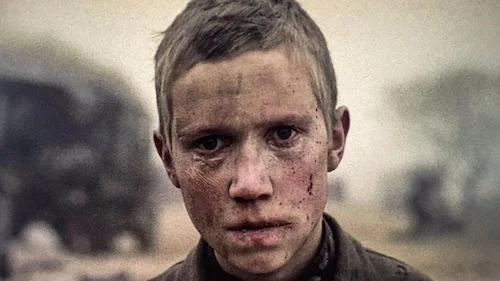Ten of the Greatest Russian Films of All Time
While doing research for what I should write about for today, I noticed it was “The Day of Russian Cinema”, obviously celebrated in Russia. I had to hop on this opportunity. There are a number of nations that shaped the course of cinematic history, and one of the strongest forces is Soviet filmmaking. Many films rebelled against political climates, and catered to the everyday viewer to identify with what they were experiencing. As a result, many Russian films push the envelope. They tell captivating stories of turmoil, force film to bend at will, and approach difficult conversations. Picking ten films was nearly impossible. For now here are ten of the greatest Russian films of all time.
10. Hard to Be a God
This film is certainly different. We’re observing another planet still experiencing its middle ages, with one of our own working as an informant amongst this civilization (a history expert from Earth). The “outsider” perspective causes a rift in this new setting, and away we go. Hard to be a God is a bold effort that will prove to be challenging for many, and transcendent for others.
9. The Irony of Fate
Not all pieces of Russian cinema or television are difficult. In fact, the two parts of The Irony of Fate are staples in Russian contemporary art. A lot of time (over three hours) is spent on a chance encounter. The circumstance is brief, but its ripple effect lasts an eternity. The Irony of Fate truly captures the fickleness of life, but with all of the notions that come with its many surprises.
8. The Cranes are Flying
One of many Soviet films that deal with the clutches of war, The Cranes are Flying is short, direct, and earnest about its subject. Almost like the Russian answer to All Quiet on the Western Front, here’s a fleeting mind that gets ransacked by the truth that combat can wring out. It’s an emotional turn, but it’s pure cinematic poetry.
7. Hedgehog in the Fog
This animated short film has somehow made its mark on pop culture, with its praises being sung decades later. What makes this animal tale ring so true? Its delicate animation, and curtain of bleakness (mainly created by the titular fog) is something that is highly identifiable with viewers, but it also details the frigidness of that era: a world post world war, and then experiencing the height of the cold war. Hedgehog in the Fog is a great film for youths of that time to relate to, in their own way.
6. Leviathan
Andrey Zvyaginstev is really good at recreating current Russian socio-political issues in his films. Loveless captures the friction between citizens in the form of a missing, presumably murdered, child. Leviathan is a little more straight forward with its source material, as it deals with political corruption head-on. Leviathan is everything its title insists: long, challenging, heavy, and gut wrenching. It remains a tour-de-force, and highly relevant even a few years later.
5. War and Peace
Sure, I think King Vidor’s 1956 rendition of Leo Tolstoy’s masterpiece is a little underrated, but you really cannot compare it to the gargantuan 1965-1967 series. Sergei Bondarchuk understood that reducing this monster novel to an onscreen romance just wouldn’t cut it, and everything else had to be included. His War and Peace is a complete commitment like its source, but it remains one of the most rewarding miniseries events ever to be made. The Criterion Collection have finally released a fantastic home copy of this film, that I cannot recommend enough.
4. Man with a Movie Camera
Arguably the greatest documentary of all time, Dziga Vertov’s channelling of everyday life has been copied by almost every single filmmaker ever since. The earliest days of cinema were the capturing of the everyday world on film. Then, narratives began, and cinema became a form of story telling. Vertov went back to basics, whilst keeping the new tricks and technology that cinema boasted since. We get a resounding masterpiece of the world around us, in ways we never could have imagined before.
3. The Mirror
It kills me to only pick only one Andrei Tarkovsky film. I would have included every single one of his films here, and most of the list would be devoted to him. I can’t even decide on what his best film truly is. I did go with The Mirror in the end, only because it’s his most personal film, and I feel like you get a true sense of what makes him the greatest Russian filmmaker of all time. This experimental film features the unhinged final thoughts of a dying poet. Whether you can make sense of it or not, you cannot deny how indescribably gorgeous this film is (up there as being one of the most stunning films ever made).
2. Come and See
My personal favourite Soviet film ever made is Elem Klimov’s devastating war thriller Come and See. Not many war films can capture the horrors of combat from the perspective of a character like this one. Sound mutes when bombs go off nearby, and the loud shrieks of tinnitus punish you. Your image fogs when all of the dirt and dust of war sink into your eyes. Aleksei Kravchenko commits to the greatest child performance of all time: a boy forced to witness the world he loves be destroyed around him. All of that being said, Come and See is undeniably a harrowing experience: the kind of film that will change the rest of your day (or your life) no matter what.
1. Battleship Potemkin
When creating this list, I had to place anything by Sergei Eisenstein first. Most importantly, Eisenstein is one of the strongest influencers in film history. Picking one film was also easy, despite the breadth of his stellar filmography. Battleship Potemkin is an important film historically (how it faced politics at the time), technically (how it is shot and edited), and narratively (it pulls off some huge stunts for its time). The Odessa Steps sequence has been referenced in many movies since, mostly because it is an iconic moment. To watch Battleship Potemkin is to understand the power cinema can have on a society, in an industry, and on an audience. It has to be placed first.
Andreas Babiolakis has a Masters degree in Film and Photography Preservation and Collections management from Ryerson University, as well as a Bachelors degree in Cinema Studies from York University. His favourite times of year are the Criterion Collection flash sales and the annual Toronto International Film Festival.

